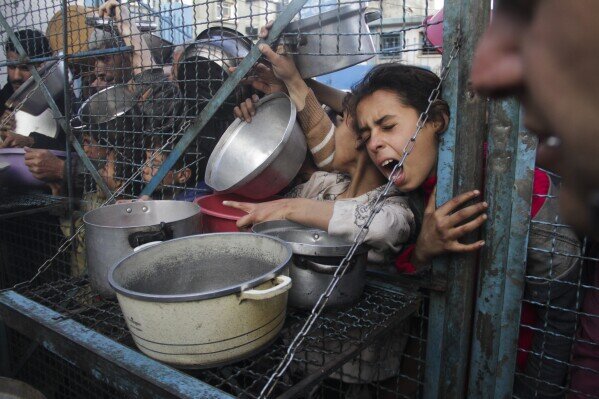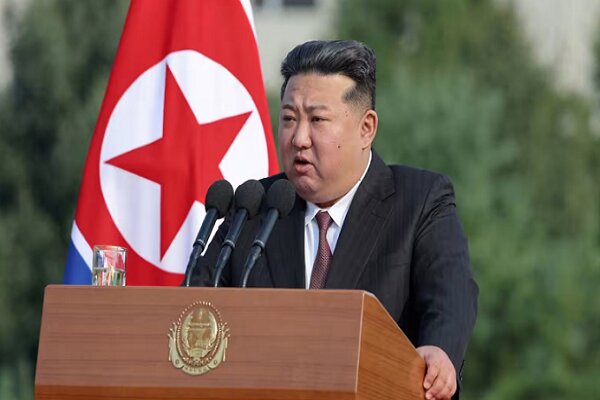WHO Chief Reveals Alarming Crisis: 2 Million Starving in Gaza
The situation in the Gaza Strip has reached a critical point, with “two million people are starving,” as warned by the World Health Organization’s chief, Tedros Adhanom Ghebreyesus. This alarming statement highlights the dire humanitarian crisis exacerbated by ongoing blockades and limited access to essential resources.
During the opening session of the annual World Health Assembly, Tedros emphasized the shocking statistic that “160,000 metric tonnes of food is blocked at the border just minutes away.” This underscores the urgent need for humanitarian aid in the region. He further cautioned that the risk of famine in Gaza is escalating due to the systematic withholding of humanitarian assistance, particularly food supplies, amidst the ongoing blockade.
Key points from Tedros’ address include:
- Increased Hostilities: Ongoing violence and military actions are putting immense pressure on the already strained health care system in Gaza.
- Evacuation Orders: Rising evacuation orders complicate rescue efforts and pose additional risks to civilians.
- Shrinking Humanitarian Space: The blockade has severely limited the ability of aid organizations to operate effectively.
- Health System Strain: The influx of casualties is overwhelming a health system that is “already on its knees.”
He pointed out that people are dying from preventable diseases while essential medicines remain stuck at the border, awaiting clearance. Additionally, ongoing attacks on hospitals not only deny critical care but also discourage individuals from seeking necessary medical assistance.
In response to the crisis, the UN humanitarian agency OCHA announced that it is currently in discussions with Israeli authorities to facilitate the resumption of humanitarian aid to Gaza. This development follows Israel’s recent decision to allow a limited quantity of food into the besieged territory.
The statement from OCHA reads: “We have been approached by Israeli authorities to resume limited aid delivery, and we are in discussions with them now on how this would take place given the conditions on the ground.” This potential breakthrough could offer a glimmer of hope for the millions affected by the ongoing humanitarian crisis.
The implications of these discussions are significant for the residents of Gaza, who have endured prolonged hardships due to the blockade. The need for humanitarian assistance is paramount, as the situation continues to deteriorate.
In summary, the dire conditions in Gaza have prompted urgent calls for action from global health leaders. With millions facing starvation and an overwhelmed healthcare system, it is crucial to facilitate the delivery of humanitarian aid. The situation remains fluid, and developments in negotiations between OCHA and Israeli authorities will be closely monitored as the international community seeks to respond effectively to this growing crisis.
As the World Health Assembly continues, the focus remains on addressing the urgent needs of those suffering in Gaza. The combination of increasing violence, restricted access to food and medical supplies, and a strained health system poses a formidable challenge for humanitarian efforts. The world is watching as efforts to alleviate the suffering of the people in Gaza unfold.
In conclusion, the humanitarian crisis in the Gaza Strip is a pressing issue that demands immediate attention and action. With the ongoing blockade hindering access to essential supplies, it is vital for the international community to work collaboratively to ensure that aid reaches those who need it most. The time for action is now, as every moment counts in the fight against starvation and preventable diseases in the region.






